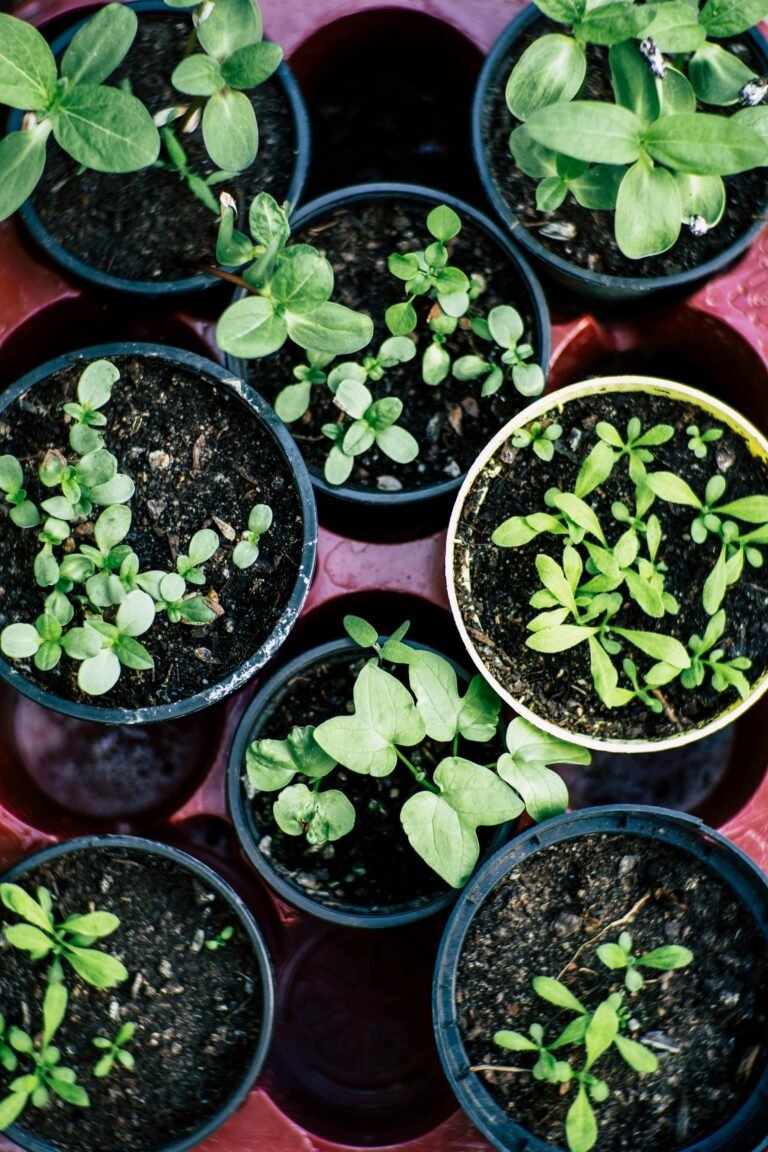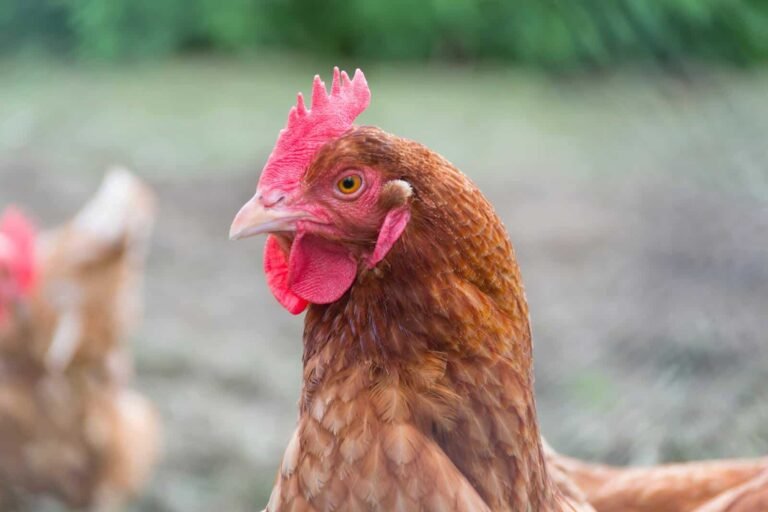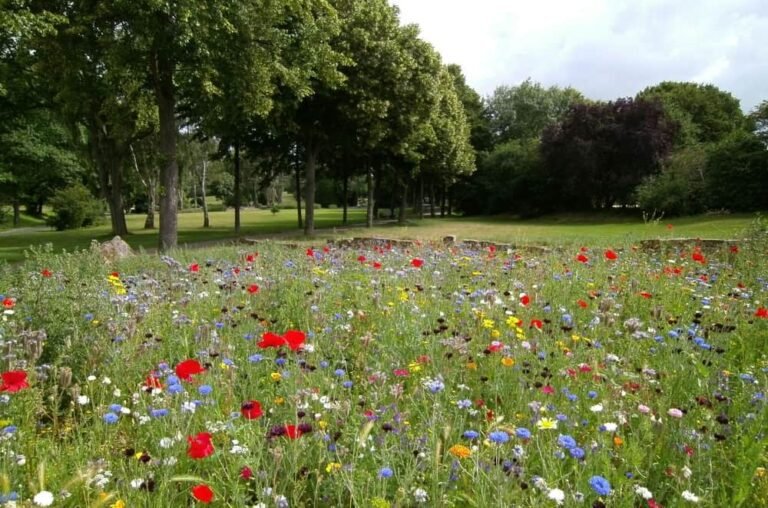Creating Sustainable Backyard Spaces: Raised Gardens and Eco-Friendly DIY Projects
This article may contain affiliate links to trusted partners, which help run this site at no extra cost to you.
The Benefits of Raised Gardens in Your Backyard
Incorporating raised gardens into backyard spaces offers a myriad of advantages that extend beyond aesthetic appeal. One of the most significant benefits is the improvement in soil quality. Raised gardens allow for the creation of a controlled soil environment, free from the contamination and compaction issues common in traditional ground-level gardening. This controlled environment enables gardeners to enrich the soil with organic matter, leading to healthier and more productive plants.
Enhanced drainage is another critical advantage of raised gardens. Elevated beds facilitate better water runoff, preventing waterlogging and root rot, which are common problems in poorly drained soils. The improved drainage also helps maintain an optimal balance of moisture and air in the soil, crucial for plant health.
Raised gardens also offer a natural form of pest control. The elevation makes it more difficult for certain pests, such as slugs and snails, to reach the plants. Additionally, the contained nature of raised beds makes it easier to implement physical barriers and other pest management strategies, reducing the reliance on chemical pesticides.
Design flexibility is a notable benefit of raised gardens. They can be built in various shapes and sizes, tailored to fit any backyard layout. This flexibility allows gardeners to optimize sunlight exposure, ensuring that plants receive the necessary amount of light for optimal growth. Raised gardens can also be designed for ease of access, which is particularly beneficial for individuals with mobility issues. The elevated height reduces the need for bending and kneeling, making gardening a more inclusive activity.
From an environmental perspective, raised gardens promote sustainable practices. By using organic soil amendments and avoiding chemical fertilizers, gardeners can create a healthier ecosystem. Raised gardens also support biodiversity by providing a habitat for beneficial insects and organisms, contributing to a balanced garden environment.
Overall, the implementation of raised gardens in backyard spaces offers numerous benefits, enhancing gardening efficiency, accessibility, and environmental sustainability.
DIY Eco-Friendly Projects for a Sustainable Garden
Creating a sustainable garden involves integrating practical and environmentally-friendly DIY projects that can significantly enhance your backyard space. One of the fundamental steps is establishing a compost bin. Composting reduces waste and enriches soil quality. You can create a simple compost bin using old wooden pallets or recycled plastic containers. Remember to layer green (nitrogen-rich) and brown (carbon-rich) materials for effective decomposition.
Another impactful project is setting up a rainwater harvesting system. Collecting rainwater helps conserve municipal water and provides your garden with a natural irrigation source. Install a rain barrel beneath your downspouts to capture runoff. Ensure the barrel has a spigot for easy access to the stored water. You can also connect multiple barrels for larger water storage needs.
Natural pest repellents are also essential for a sustainable garden. Chemical pesticides can harm beneficial insects and the environment. Instead, opt for natural alternatives such as neem oil, garlic spray, or planting pest-repellent herbs like basil and marigold. These methods help maintain a healthy ecosystem while protecting your plants.
Utilizing recycled and upcycled materials for garden structures and decorations can further enhance sustainability. For instance, old pallets can be transformed into planter boxes, offering a rustic charm and reducing waste. Household items like broken pots can be repurposed as unique garden tools or decorations. These creative solutions not only save money but also promote resourcefulness.
Choosing native plants and drought-resistant varieties is crucial for conserving water and supporting local ecosystems. Native plants are adapted to the local climate and soil conditions, requiring less water and maintenance. Drought-resistant plants, such as succulents and certain grasses, thrive with minimal irrigation, making them ideal for sustainable gardens.
Consider the success stories of other eco-friendly garden projects for inspiration. For example, a community garden in Portland transformed unused urban land into a thriving green space using recycled materials and native plants. Such examples demonstrate the positive impact sustainable gardening can have on both the environment and community well-being.



